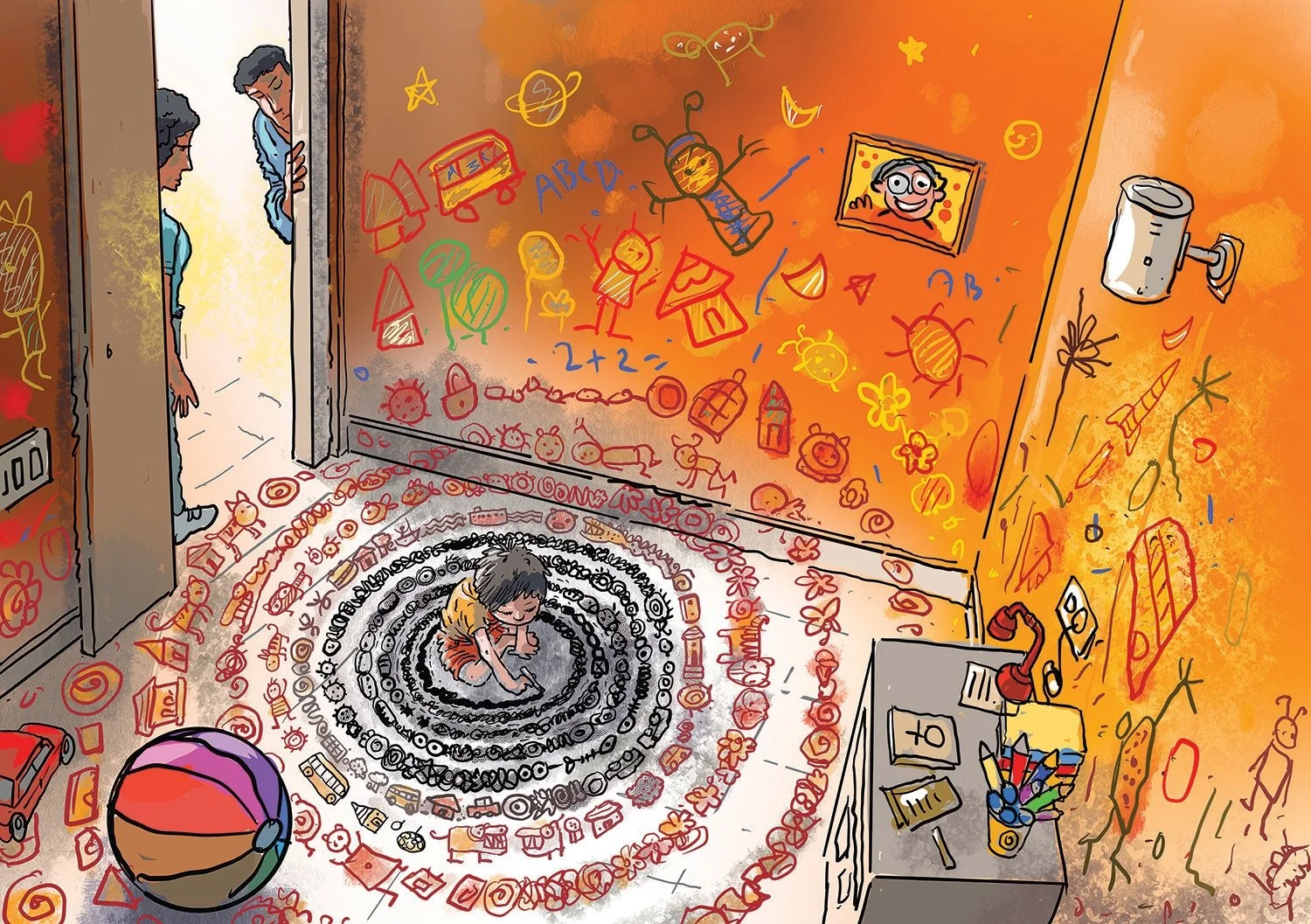How is anxiety scarring childhood?
Read my article in @live_mint and @livemintlounge, on what to do if the pandemic made your child anxious.
Around the world, anxiety rates among children have shot up sharply since the start of the covid-19 pandemic. Changes in behaviour could tell you if your child needs help.
READ SNIPPETS OF THE ARTICLE BELOW
“I would change the word to emotional difficulties. For small kids, we don’t have usual tests but projective techniques through which you can figure out if a child is going through some emotional issue. I wouldn’t want to pinpoint and label it just as depression but I can call it emotional difficulty,” says KHUSHNAAZ NORAS, a Mumbai-based consulting psychologist.
“In young children, until the age of seven-eight, parents need to watch out for symptoms like decreased food intake, low self-esteem and withdrawal from activities they might have loved doing otherwise. Watch out if any of the troublesome or peculiar behaviours is magnified. In an already timid child, the timidity might be amplified by pandemic-related fears.” I also see many kids becoming very distracted. Sometimes parents feel it’s normal, especially during these unprecedented times. However , it could be a marker of emotional difficulties,” she says.
“Since children have been cooped up at home, “they are not even getting a chance to think for themselves. In school, on occasions such as Independence Day, children get to perform or recite something. If they forget something, the teacher gives them ample time to recall. But now, with online classes, they just look at the parent for reminders,” says Noras. This is leading to lowered self-worth. They are constantly wondering: Am I capable of doing this, or am I doing well only because my mom and dad are present?
Noras is currently working with a five-year-old who has had learning difficulties. “Earlier, he would say ‘my teacher did this, my friend did that’. But now that he is at home, there is no one to blame for the difficulties. So he has turned the emotions inwards and feels that the learning difficulty is his fault,” she says. He has started daydreaming, to the extent that he doesn’t respond even when his parents call him. “He has gone into his own shell. This can be considered depression that is veiled,” says Noras. “Regarding emotional difficulties, parents should be a little watchful about what is happening in the house,” she advises. Most of the issues are due to environmental factors in the house, and fights between people. “If you see persistent changes in behaviour lasting beyond a few weeks, do seek professional help.”

